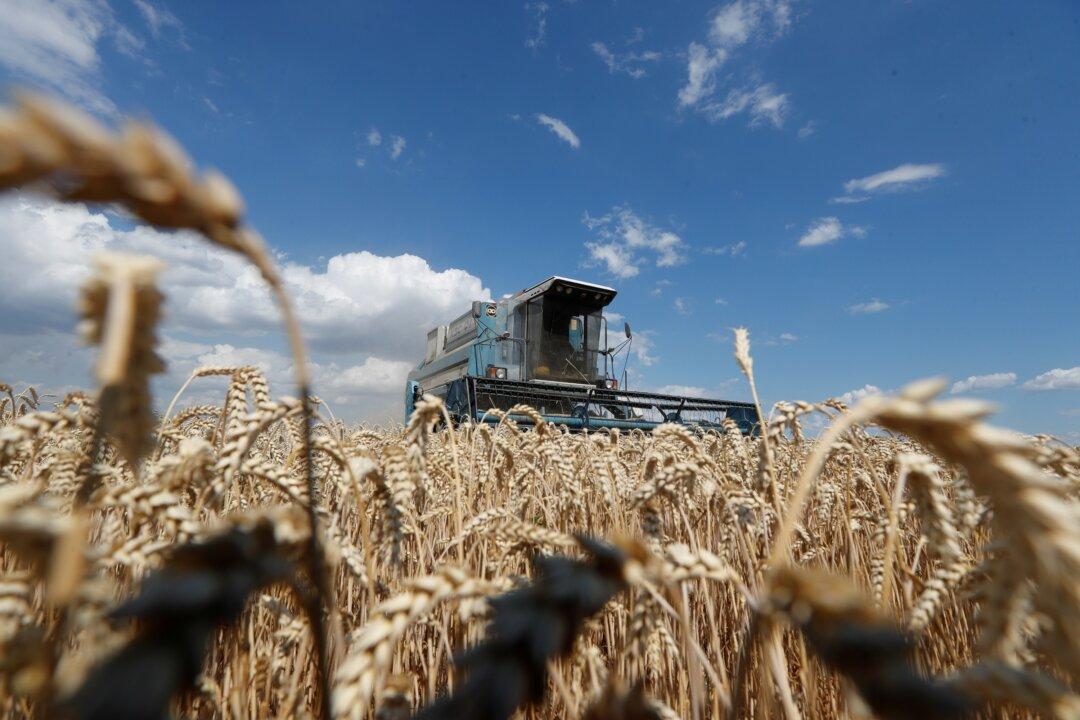Russia, facing sanctions from the West for its invasion of Ukraine, will now export grains to other nations only in exchange for rubles.
In addition to grains, the Russian government has added sunflower oil and extracted meal to the list of export items to be paid in rubles. A resolution to this effect was adopted on Friday. Russia is the largest exporter of wheat in the world and a major supplier of sunflower seeds.





